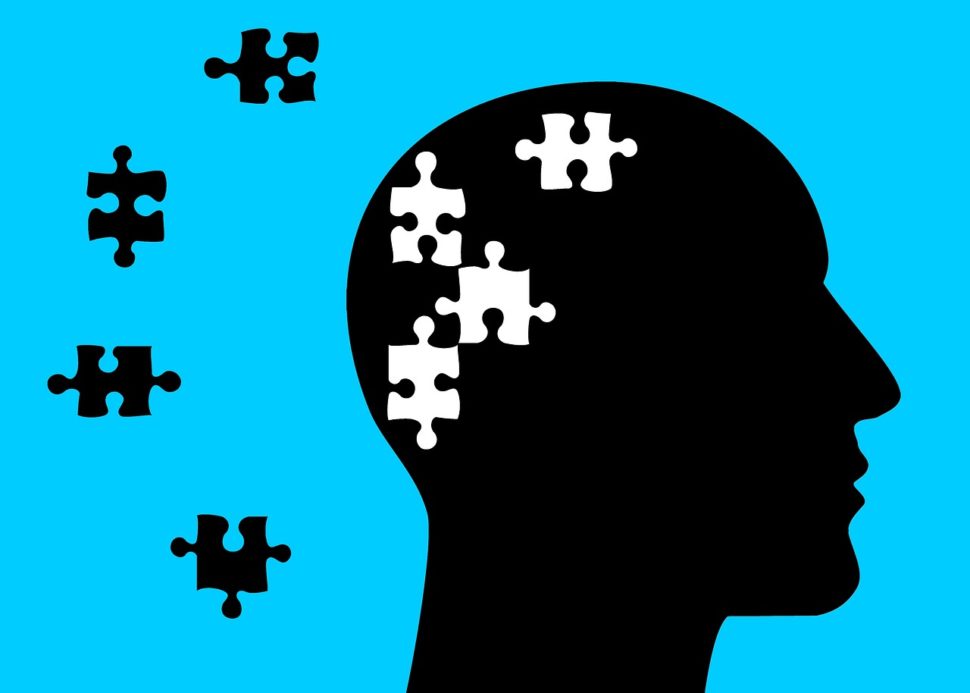Recent research from York University in Canada suggests that knowing a second language can delay symptoms of Alzheimer’s. But, only for a short period.
Several previous studies have discovered the various ways that our brain benefits from bilingualism.
For example, it can shorten the recovery time from conditions such as stroke. Scientists also noted that being able to speak a second language could stave off cognitive decline associated with dementia and Alzheimer’s.
But, the researchers from the Department of Psychology at York University wanted to understand more.
So, they set out to investigate how bilingualism can boost what is known as the cognitive reserve — the brain‘s resilience to neurological damage. Above all, the researchers wanted to understand how bilingualism can delay the onset of Alzheimer’s and other neurodegenerative diseases.
Previous studies already suggest that having a tremendous cognitive reserve can reduce the impact of Alzheimer’s in our later years — at least, temporarily. But, does it extend to bilingualism?
The researchers published their findings in the journal Alzheimer’s Disease and Associated Disorders.
How Bilingualism Can Delay Alzheimer’s Symptoms
To answer these questions, the researchers conducted a five-year study. The research involved 158 patients that had previously been diagnosed with mild cognitive impairment.
The researchers matched their respondents based on age, education, and cognitive levels. Then, they categorized them as either bilingual with a high cognitive reserve or monolingual with a low cognitive reserve.
The York University team assessed the participant’s cognitive levels at a six-month interval. Consequently, they could monitor how mild cognitive impairment would progress to Alzheimer’s.
The result from the study suggests that it took the monolingual group 2.6 years to make the transition. The bilingual group, on the other hand, progressed in just 1.8 years.
Although bilinguals and other individuals with a tremendous cognitive reserve can delay Alzheimer’s symptoms, the disease pathology still builds up. In that way, it’ll accelerate deterioration after that.
Lead investigator of the study, Ellen Bialystok explained:
“Imagine sandbags holding back the floodgates of a river. At some point the river is going to win. The cognitive reserve is holding back the flood… When they can no longer do this, the floodgates get completely washed out, so they crash faster.”
The rapid decline in Alzheimer’s may seem like a piece of bad news, but it isn’t. Thanks to the higher cognitive reserve, bilingual people can live without the disease’s symptoms for longer, until they cross the threshold.
“Given that there is no effective treatment for Alzheimer’s or dementia, the very best you can hope for is keeping these people functioning so that they live independently so that they don’t lose connection with family and friends,” says Bialystok.
“That’s huge.”



















Comments (0)
Most Recent